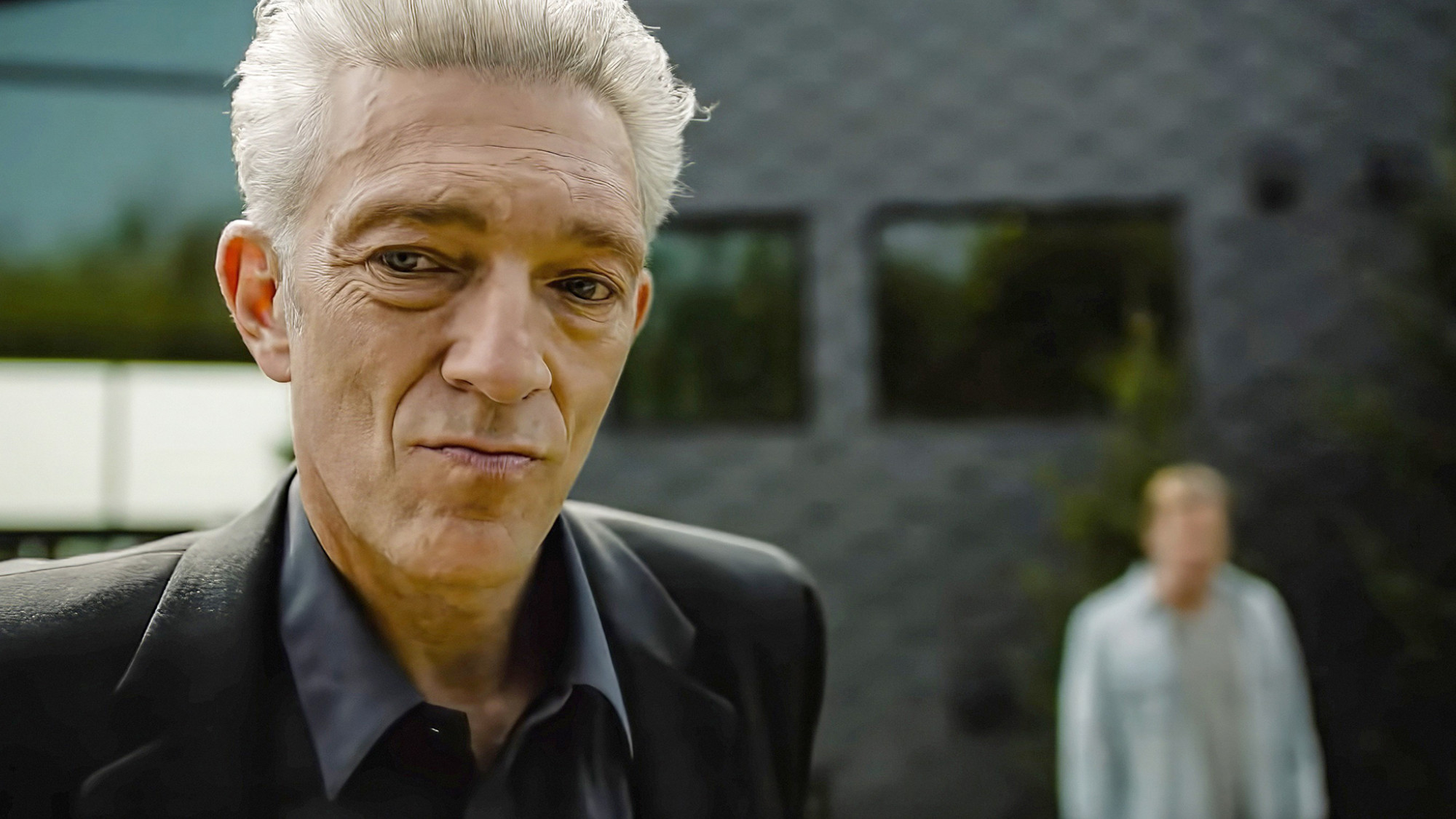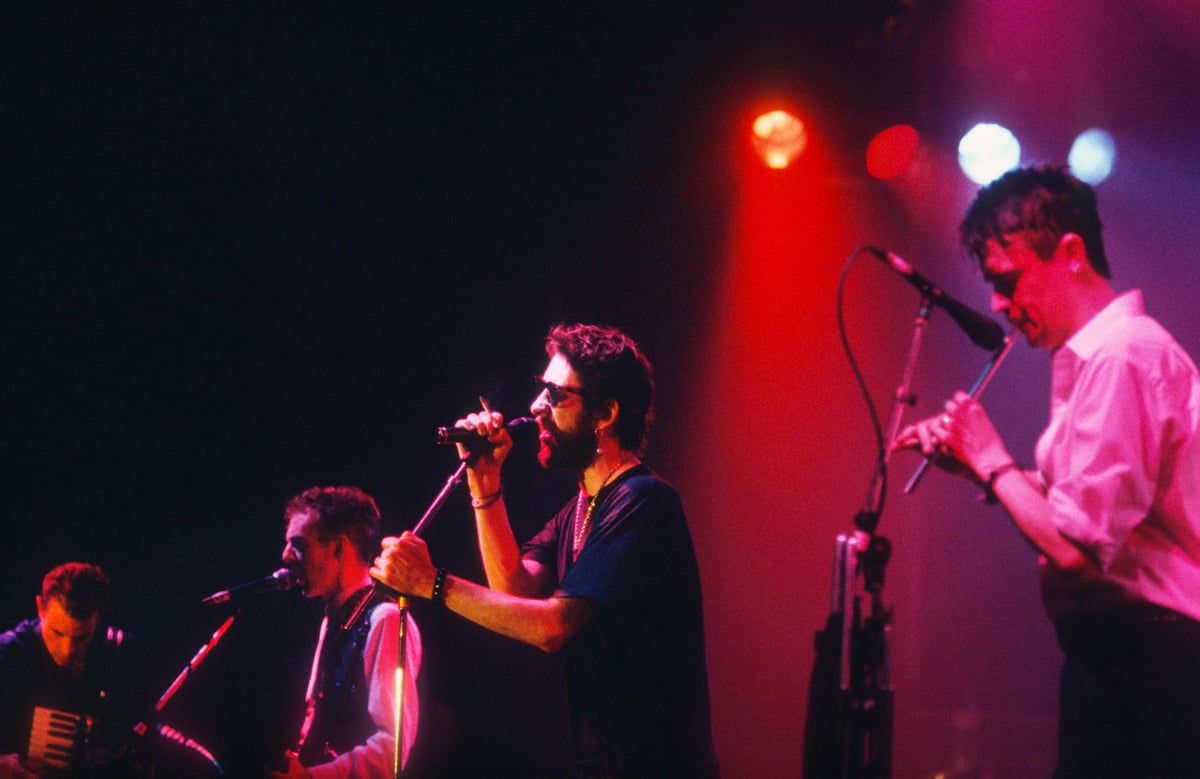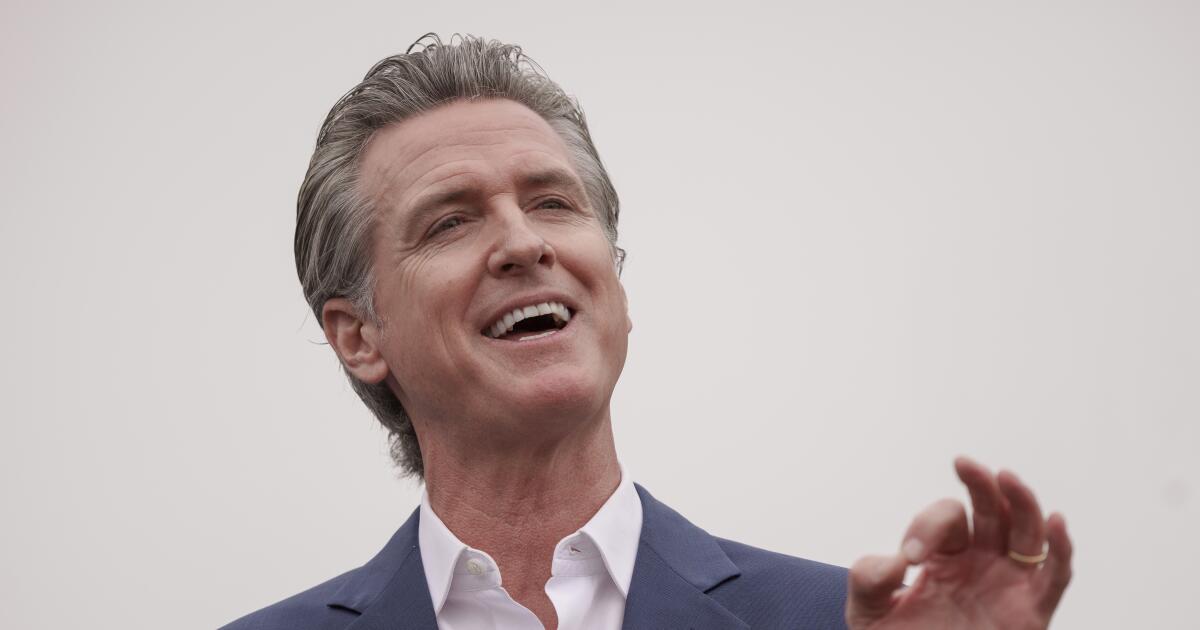Supreme Court to Hear Arguments Over Religious Charter Schools: Live Updates

If approved to open, St. Isidore of Seville Catholic Virtual School would be part of the Archdiocese of Oklahoma City and the Diocese of Tulsa. The very identity of the nation’s 8,100 charter schools is on the line on Wednesday, as the Supreme Court considers whether they are fundamentally public or private institutions. If they are public, there is little room for religious instruction, as proposed by the school at the center of the case, St. Isidore of Seville Catholic Virtual School, which seeks to open in Oklahoma as the nation’s first religious charter school. But if they are private, as St. Isidore’s lawyers will argue, banning a religious group from operating a charter school when other nonprofits are free to do so would be religious discrimination. If the Supreme Court decides charter schools are private, it would most likely allow St. Isidore to open, and potentially pave the way for religious charter schools in other states. Charter schools, which were created in the 1990s to give families more options, have long occupied a hybrid space in education. They are like traditional public schools in many ways because they are paid for by taxpayers and free to attend. But charter schools are also run by private entities, often nonprofits, and are not zoned, allowing students to attend regardless of their ZIP codes. And unlike at many public schools, their teachers typically are not unionized. Today, about 3.7 million students attend charter schools, in 44 states and Washington, D.C., representing about 7 percent of the public school sector. But in some cities, like Detroit and Philadelphia, enrollment is far greater, representing a third to half of all students. Whether they should be classified as public or private may hinge on the specifics of Oklahoma state law. Justices will most likely consider technical issues, like how charter schools are created. In Oklahoma, a state board must approve new charter schools, a fact that many in the mainstream charter school movement argue places them firmly in the public realm. “A charter school doesn’t exist unless the government gives it reason to open,” said Starlee Coleman, president of the National Alliance for Public Charter Schools, which opposes allowing religious institutions to operate charter schools. Lawyers for St. Isidore say that it was created by the Archdiocese of Oklahoma City and the Diocese of Tulsa and that it is operated by a board of private citizens. They will argue that St. Isidore is a private school with a government contract. Any ruling in favor of St. Isidore could have broad implications. Twelve Republican-leaning states filed an amicus brief in support of St. Isidore’s petition, while 18 states, mostly Democratic-leaning, opposed.



















